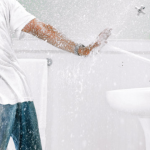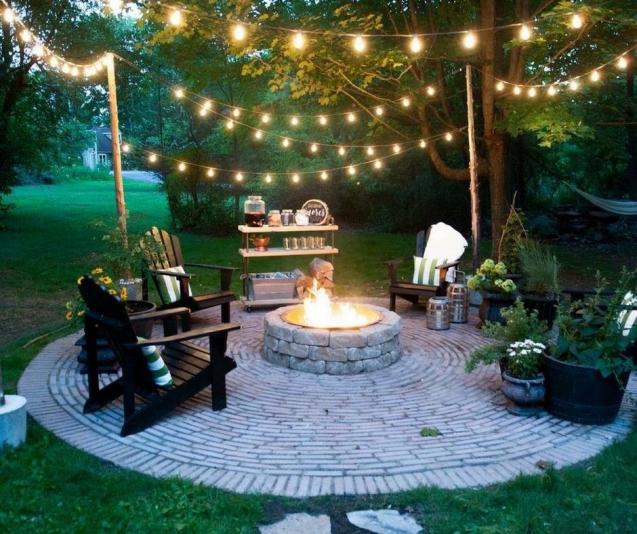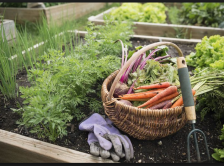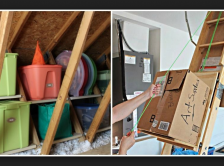
What to DIY and What Not to DIY!
With that said, there are plenty of DIY projects that are safe to carry out with limited know how and the right tools for the job. So long as you take your time and familiarise yourself with any relevant safety requirements you can save a significant amount of money by making simple improvements to your home.
DIY Dos
Painting and papering are two DIY projects that can instantly change how your home looks for the better. There is limited risk so long as you use safety gear when using chemicals or ladders, and you protect your furniture from spills. It is also important to prep the area correctly and choose the right type of paint for each project. Make sure to consult with the supplier before you commence and always read the manufacturer’s instructions.
If you are feeling up to the challenge, basic tiling is also within the skill-set of most avid DIYers. Always wear goggles when cutting tiles and make sure you have your measurements right to avoid a catastrophe. With the right tools and know how you shouldn’t run into any major issues.
Cabinets, fixtures and accessories all come with assembly instructions, allowing you to carry out a number of small to medium scale DIY projects that will reshape your home. Avoid attaching cabinets to new walls unless you have the means to check for plumbing or electrics.
Landscaping is an exterior DIY project that can turn into a lifetime obsession. By making incremental changes to your landscape you can create an outdoor living space for all the family. Self assembly gazebos, patio furniture and other similar landscape features are all DIY friendly additions to a landscape.
DIY Don’ts
The money you save from DIY plumbing just isn’t worth it if you end up causing a major flood in your home. Sinks, dishwashers, low pressure systems are especially tricky to work with so you are better leaving installation to the experts unless you absolutely know what you are doing. Waterproofing is another job that can end in disaster if you get it wrong. In a worst case scenario, inadequate waterproofing can result in serious structural damage to your home.
There are two areas of home improvement that most definitely need expert intervention – demolition and roofing. Knocking down walls or entire sections of your home without understanding structural integrity is a dangerous endeavour. Similarly, roofing requires an intimate knowledge of structure, materials and technique if you want to ensure your home is safe and sturdy.
The last thing you want to mess around with is electricity. There is a risk of serious injury or death if electrics are not correctly wired and earthed where appropriate. It doesn’t matter how small the job may seem, if you are wiring an appliance or fixture that is connected to the mains the probability of an accident occurring is the same if you get it wrong. Faulty electrics also account for the majority of fires in New South Wales homes.
If you are making major renovation changes to your home you will need a building inspection. Call Houspect today on 1300 258 789 to take advantage of all the services we have to offer in New South Wales. We deliver excellence in customer service and building inspection reports.



